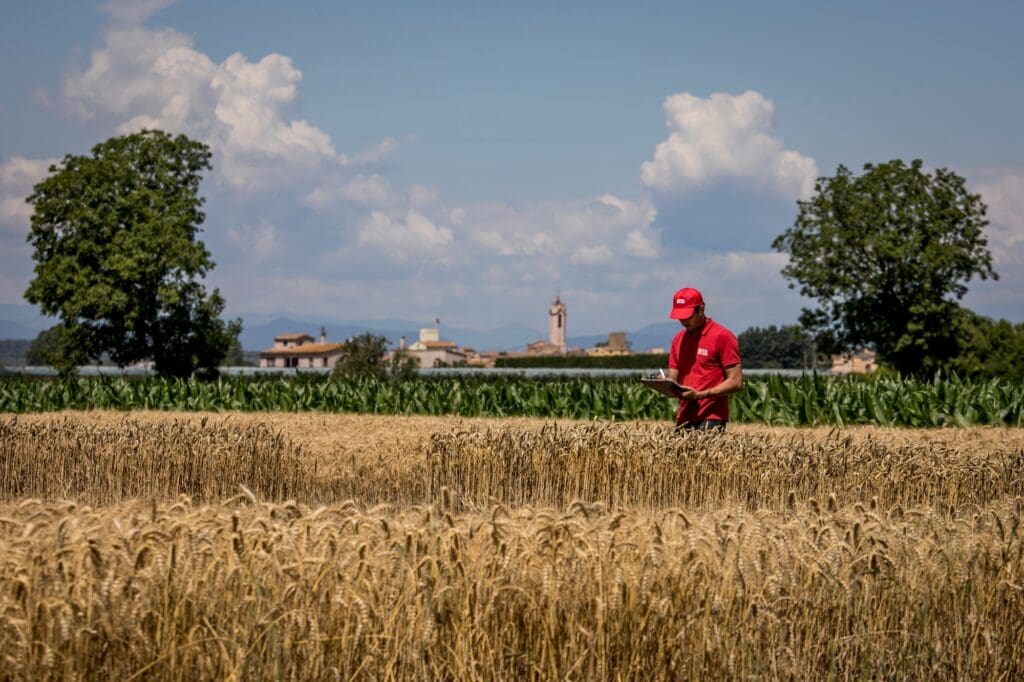In the current context of climate change and increasing world population, our mission is to contribute to the transformation of agrifood systems, from farm to fork, so that they are sustainable for the environment, provide quality, safe and affordable food to people, and are economically viable for the sector.
We carry out our mission through:
We also disseminate this knowledge to society through the media, scientific dissemination activities and our social networks.

We are currently a thousand professionals distributed among eighteen centers and farms throughout Catalonia and connected to research and innovation teams around the world.
We belong to the CERCA system of Catalan research centers, and we are among the 20% of the best research institutions in the world, considering R&D and innovation and social impact.